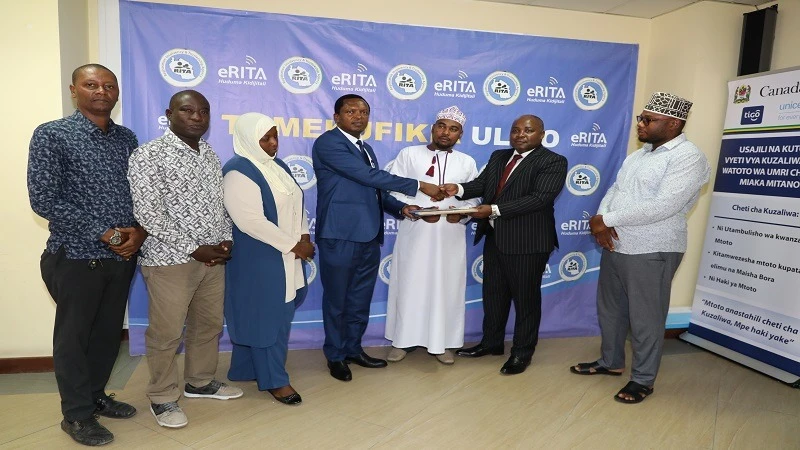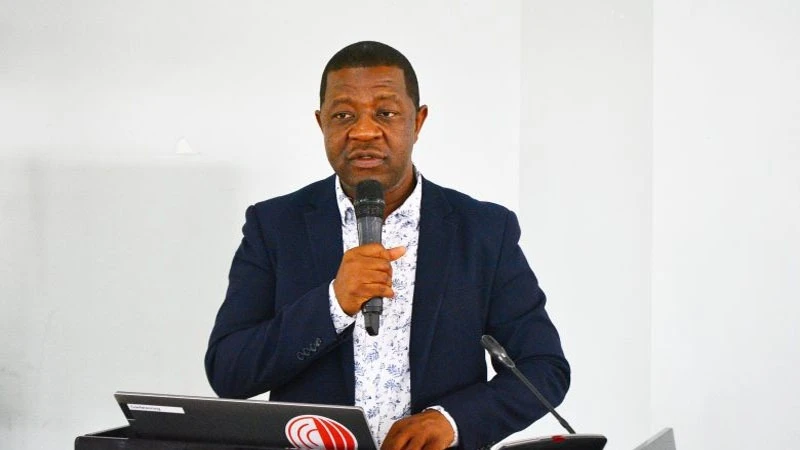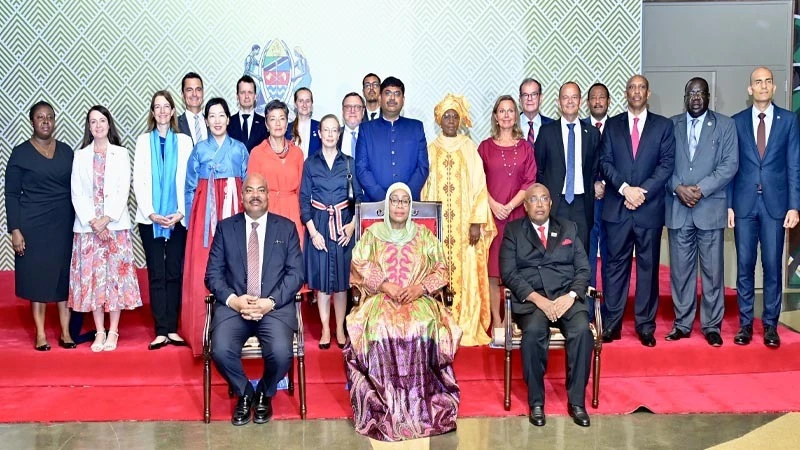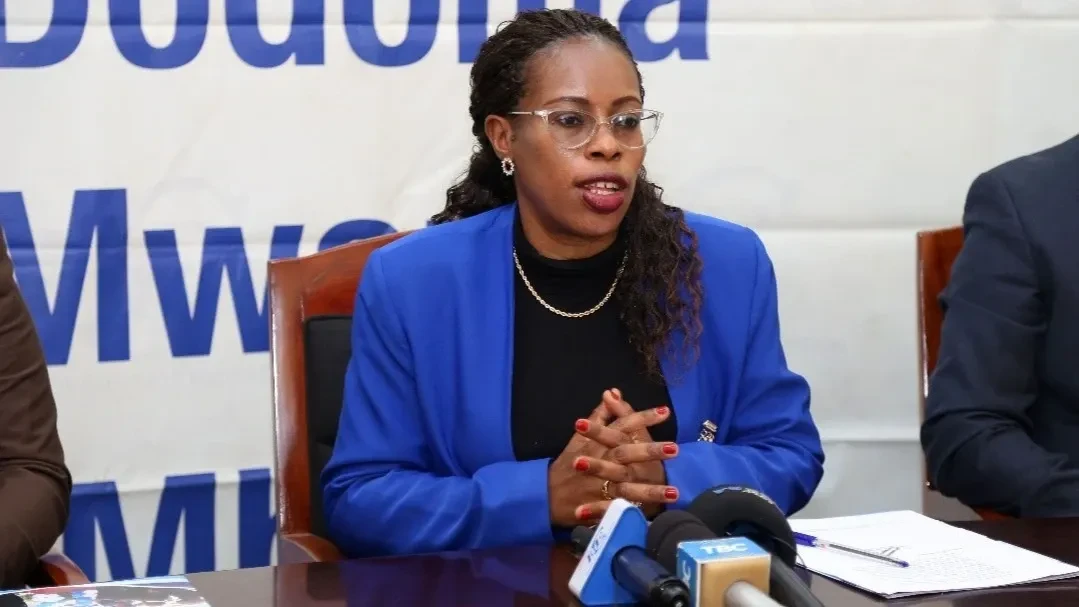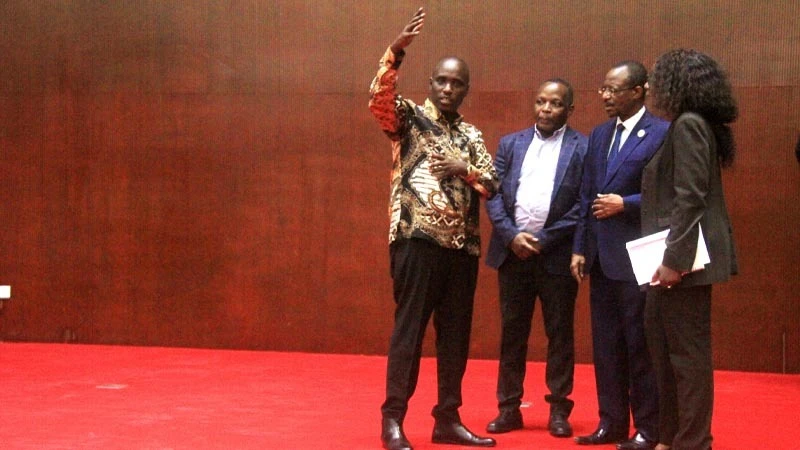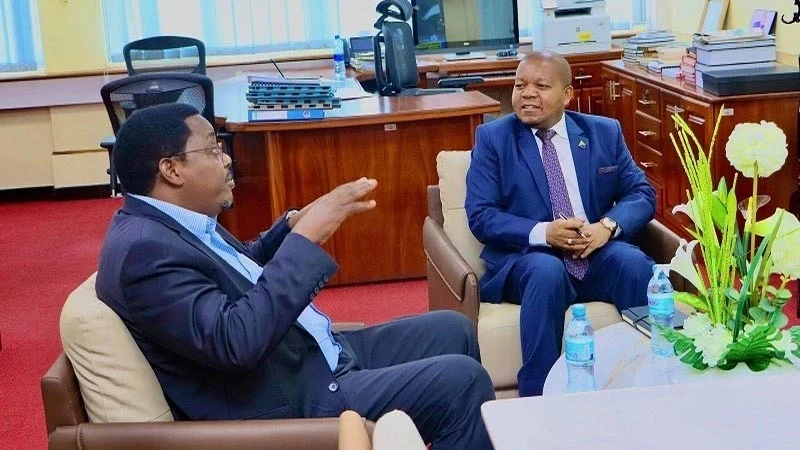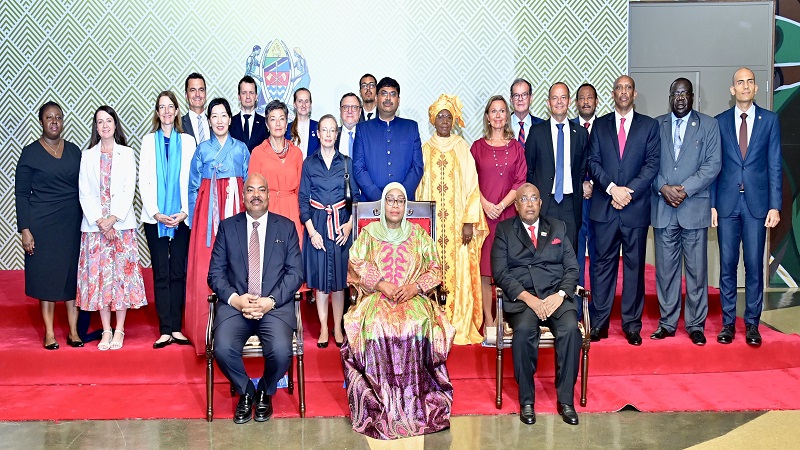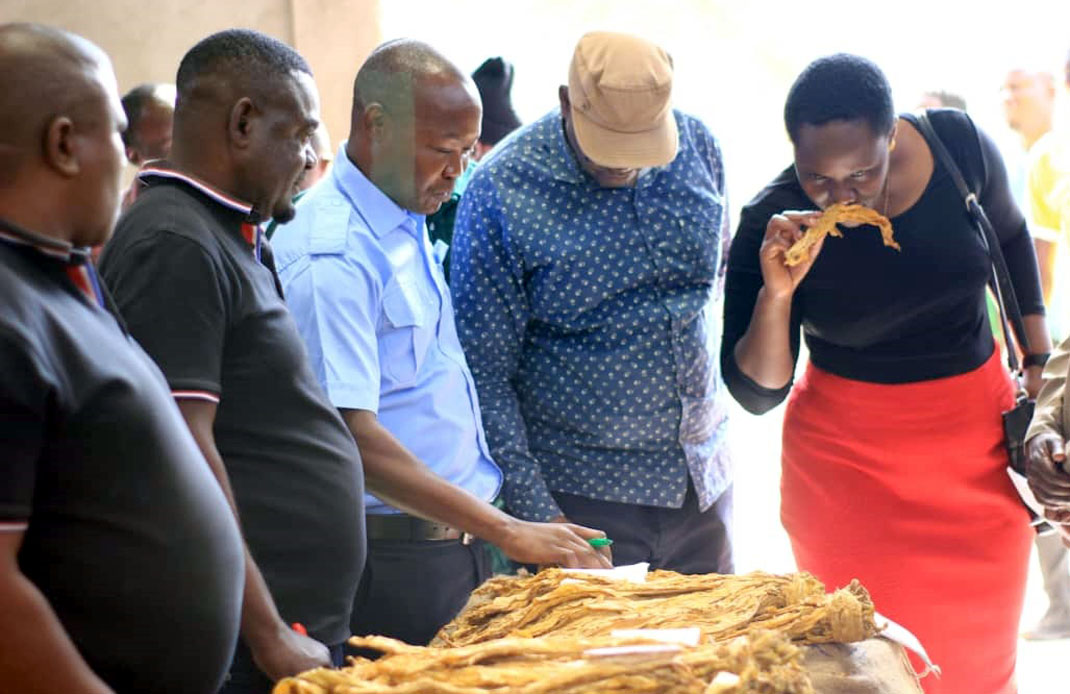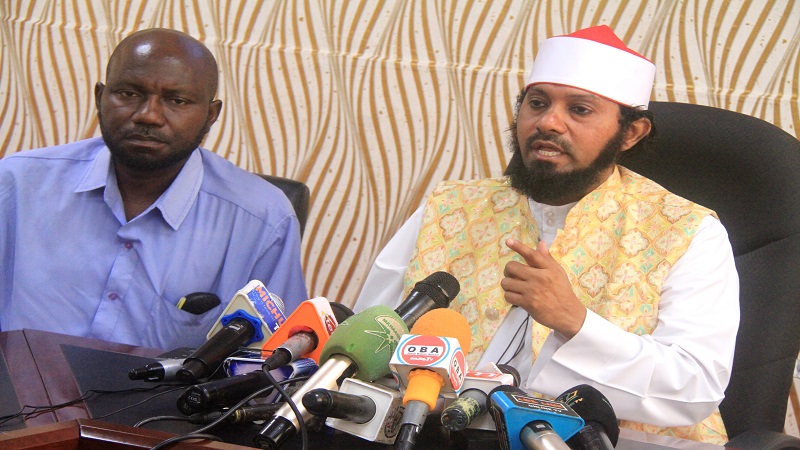Agroforestry initiative to benefit small farmers in Tanga
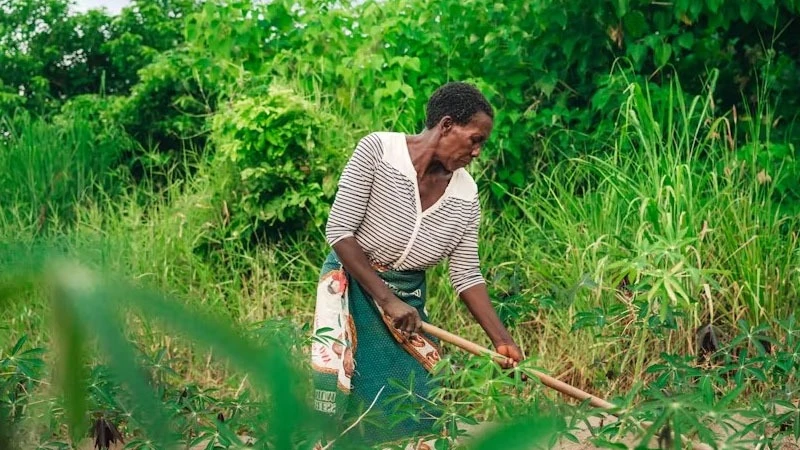
SMALLHOLDER and medium farmers in the Tanga Region are expected to start benefiting from agroforestry and become entrepreneurs through the Integrated Forest Biomass Energy Solutions for Tanzania (IFBEST) project currently implemented in Pangani, Kilindi, Handeni and Mkinga Districts.
Peter Mtoro, a community based forest management officer at the Tanzania Forest Conservation Group (TFCG), told The Guardian yesterday that, agroforestry is the practices of integrating trees with crops on farms, allowing for a sustainable interaction between agriculture and tree cultivation.
“We want to encourage people to stop cutting trees in forest reserves and instead earn income by selling timber and fruit from trees planted on their farms,” he says
During the implementation of the agroforestry, farmers will be advised to plant indigenous tree species on their farms in accordance with their farming activities.
Additionally, villagers will be allowed to propose the tree species that they want to plant on their farms.
“If the proposed tree species are not suitable in accordance with their agricultural activities, TFCG and Tanzania Community Forest Conservation Network (MJUMITA) will assist them in securing indigenous tree seedlings to plant on their farms,” he said
Additionally, TFCG and MJUMITA will assist farmers in securing indigenous trees to plant as well as establish a nursery for indigenous tree seedlings to enable farmers to access timber and fruits trees.
This project aims to motivate farmers to engage in tree planting and take proper care of the trees on their land for long-term sustainability.
It seeks to prevent deforestation and enhance environmental sustainability through sustainable forest management and wood-fuel production in the Tanga Region.
It will also assist them earn cash, improve soil quality, maintain underground water, enhancing biodiversity, building the climate resilience, contribute to carbon sequestration, and supporting the healthy growth of crops.
Through the IFBEST project, TFCG and MJUMITA will plant a total of 500,000 indigenous trees in all deforested areas where the project is being implemented.
Tanzania Forest Research Institute (TAFORI) has conducted research in Lusane, Mswaki, Mapanga, Mnkonde, Gendagenda and Mkalamo villages in Handeni and Kilindi Districts of Tanga region to identify deforested areas.
This will enable TFCG, MJUMITA and the villagers to plant indigenous trees in these areas to restore biodiversity in areas degraded by illegal human activities including agricultural expansions and protect the ecosystems that we all depend upon.
Additionally, the research findings will help TFCG and MJUMITA identify which trees needed to be planted by farmers based on the agroclimatic conditions in their localities and deforested areas.
“We will plant indigenous tree seedlings to restore deforested landscapes, combat deforestation and improve biodiversity in the Village Land Forest Reserves (VLFRs),” he says.
So far a total of 13,537.9 hectares of forest have been designed as Village Land forest reserves in KIlindi, Handeni and Pangani Districts for community –based forest management and assist villagers in generating income to fund village development projects.
This has been made possible through a IFBEST Project funded by the European Union (EU, through the ministry of finance.
Simon Lugazo, the IFBEST’s project manager says, the European Union has injected a total of 5.4bn/- through the ministry of finance to support the implementation of the IFBEST project.
Currently the project is being implemented by Tanzania Community Forest Conservation Network (MJUMITA) and Tanzania Forest Conservation Group (TFCG) in eight villages in Handeni, Pangani and Kilindi District councils.
He named villages as Lusane, Mswaki, Nghobore, Mkalamo, Gendagenda, Mmbogo, Mapanga and Mseko.
The main goal of the project is to enhance environmental sustainability through sustainable forest management and wood-fuel production in Tanga Region.
Top Headlines
© 2025 IPPMEDIA.COM. ALL RIGHTS RESERVED












